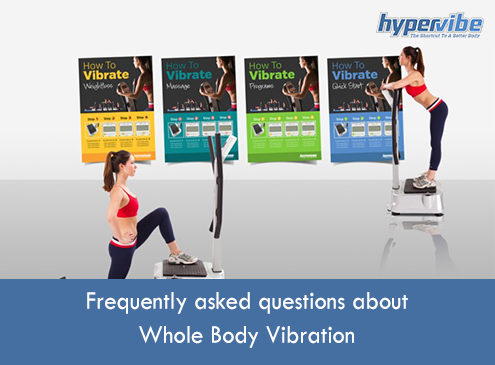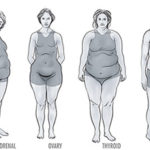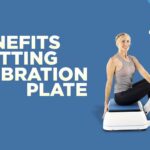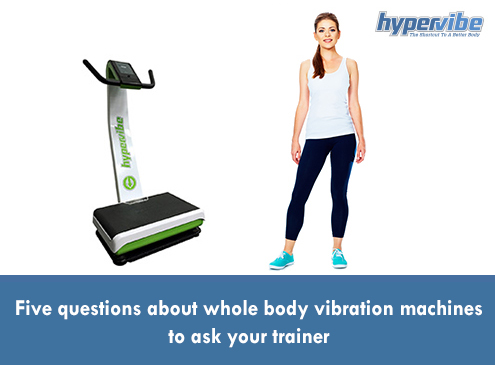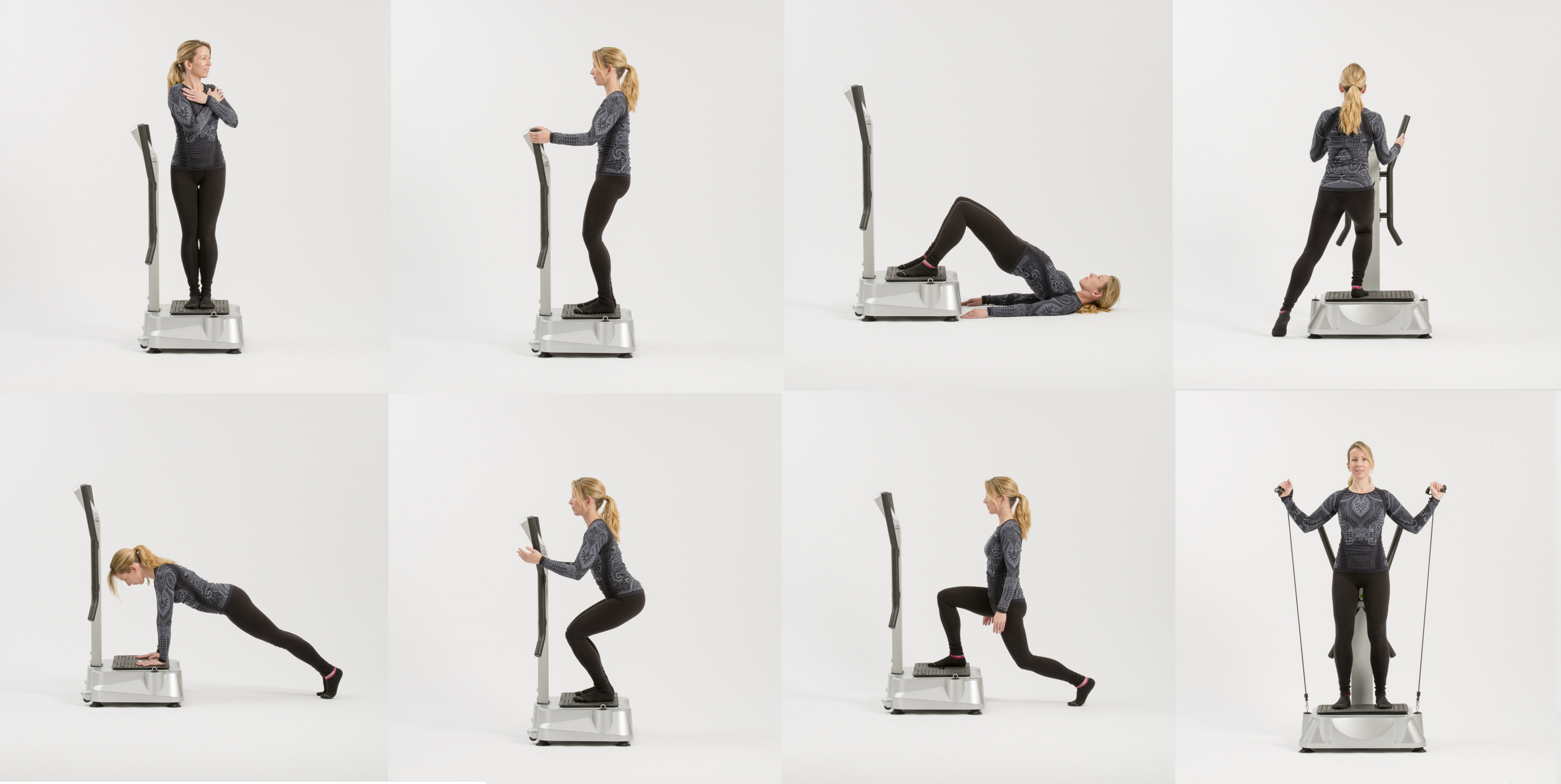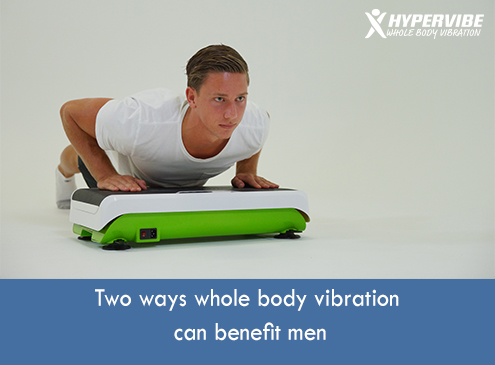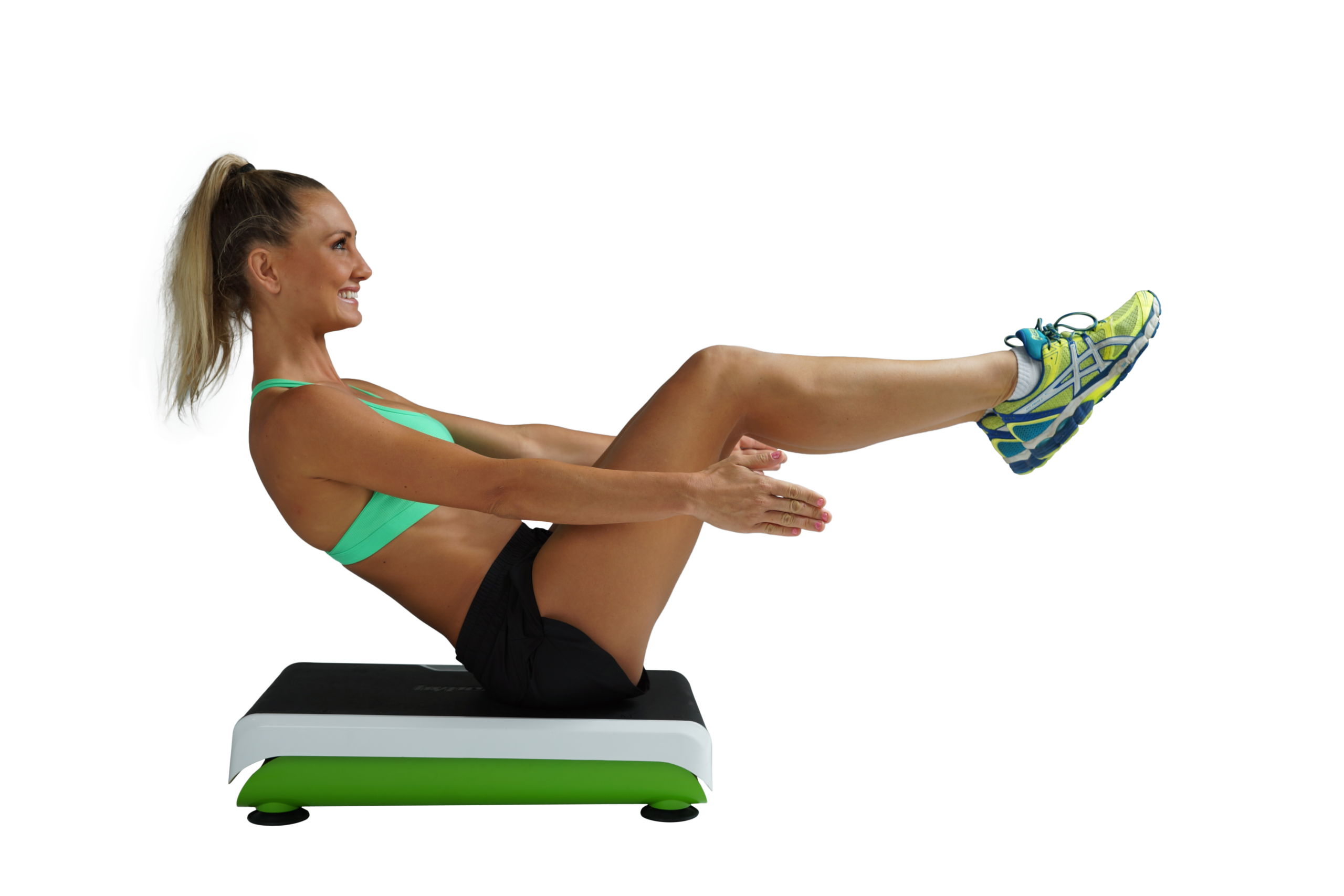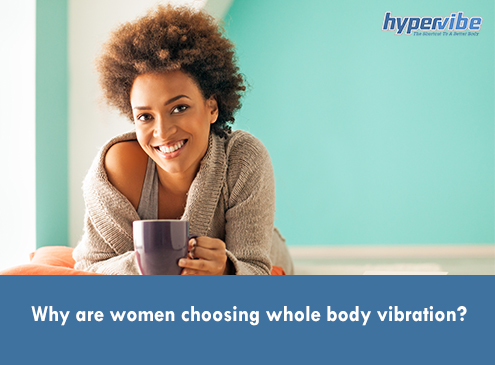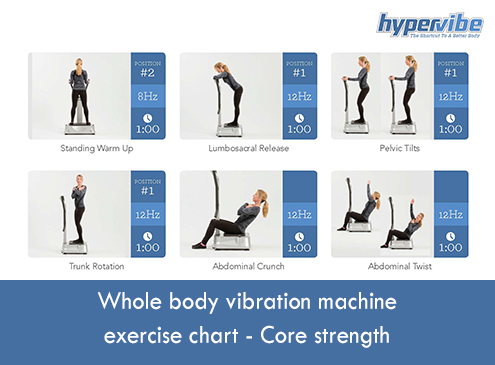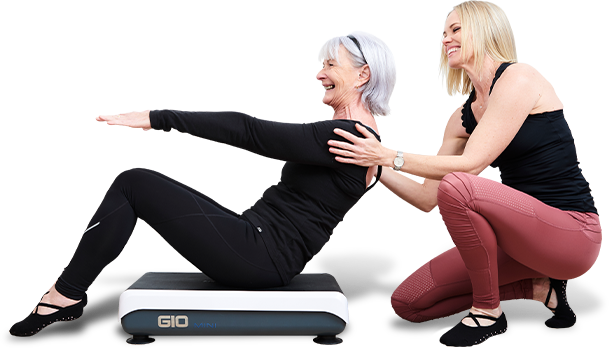Frequently Asked Questions About Whole Body Vibration
Whole body vibration machines create a hypergravity environment, the vertical directional force generated by the machine, G-force, creating an upward load resistance that makes your body feel heavier. This vibration force activates the stretch muscle reflexes, making your muscles work hard even when you don’t perform any type of exercise, so in a way, the machine is working for you.
Now, you may have seen commercials that promise you that you’ll lose weight, get in shape and become strong and healthy by simply standing on a vibration machine for 10 minutes a day. This is incorrect – to get results, you have to actually do exercises and put in the effort, just like you do during conventional strength workouts.
Unfortunately, there are a lot of false ideas surrounding whole body vibration machines, so we’ve compiled a list of frequently asked questions to help you understand WBV better.
1. What is whole body vibration?
Whole body vibration is a form of training and therapy used for a variety of health and fitness goals, from strength training and muscle toning to circulation or flexibility enhancement and rehabilitation.
WBV involves using a vibration machine that consists of a vibrating plate which moves up and down. Depending on the model, the machine can also have a tower or neck, and the platform can move vertically or like a see-saw.
2. How does whole body vibration work?
When you stand on the vibrating machine, the platform moves upward and during this repetitive movement, it sends pulses of energy through your body. The intensity and frequency of these vibrations depend on the machine’s technical parameters and are controlled by you, via the platform’s control panel. The energy sent by the platform is absorbed by your tissues and converted to heat.
Besides this effect, the vibration waves mobilize the joints and activate the muscles reflexes, causing the tissues to stretch and vibrate. The contractions of muscle fibres are similar to those caused by conventional strength exercises, and this is why WBV is considered a good alternative to regular strength training.
Given that the oscillating vibrating frequencies are applied to the entire body – skeleton, muscles, internal organs – and affect all systems, this form of physical activity has different effects at different vibration intensities.
3. Does WBV have proven health benefits?
Yes, whole body vibration is proven to increase circulation and oxygen delivery to all tissues and organs and to help improve flexibility, balance and coordination. It’s known to reduce stress on joints and to strengthen muscles and bones, to help in blocking the accumulation of visceral fat, to support recovery from injuries and to increase the number of calories burnt during aerobic activities. At the same time, this form of training and therapy is proven to stimulate lymphatic drainage, to reduce back pain, and to regulate hormone levels.
4. What about fitness benefits, will it help me in any way?
As said, whole body vibration can strengthen the muscles and help you build a better shaped and toned body. It’s efficient in increasing calorie consumption, as it works similarly to weight-bearing exercises, and has been shown to help in improving body composition and the waist-to-hip ratio by helping one build lean mass and decrease their body fat percentage. Vibrating machine exercises improve speed and jump height in athletes, as well as the range of motion in joints.
5. Is whole body vibration better than cardio?
Whole body vibration is not intended to be a replacement for cardio, and each of these forms of training has its benefits, so we can’t really say that one of them is better than the other. As previously mentioned, vibration machine exercises are similar to conventional strength exercises, but they should be practised in combination, and not instead of aerobic workouts. Although, in theory, you could replace cardio training with WBV platform workouts if you exercise at high intensity and take short or no breaks between exercises, to keep the heart rate elevated, we recommend to keep cardio workouts in your daily routine and add vibration training for the strength-building component.
6. Can whole body vibration replace strength training?
Yes, WBV provides many of the effects of strength training, so you can replace regular workouts with vibrating machine exercises if you prefer. Your muscles, including the heart muscle, will get stronger, your bone density will increase, and your flexibility and balance will improve as well. And the best part is that you can perform a wide range of exercises, from lunges, triceps dips and push-ups to planks, mountain climbers and step-ups.
7. How is vibration training different from other forms of training?
Although WBV creates an effect similar to strength training, meaning that it places a load on muscles and bones and causes them to work against a resistance force, the reflexes are activated by vibration, and the muscle contractions are involuntary. Also, in vibration training you don’t have to lift weights, the machine makes your body feel heavier by increasing the gravitational force.
8. Who can practice WBV?
Whole body vibration is safe for most people and can be practised by recreational and professional athletes, younger or older adults. This training and therapy solution is suitable for men and women alike.
9. What about kids and seniors, is it safe for them?
The available studies indicate that vibration training and therapy is safe for both seniors and children, however, we encourage you to consult your physician before engaging in a WBV program. You can read some useful articles here:
10. I’m an athlete, why should I use whole body vibration?
As a professional athlete, you can use WBV for warm-up before training sessions, as well as for building muscles, increasing force, power and speed, increasing jump height, improving coordination and flexibility. It’s also a good solution for speeding up the recovery post workout or from an injury, and at lower frequencies a vibration machine can be used for massage and relaxation.
11. I don’t have a lot of time for training, should I still use a vibration machine?
Yes, and I would say exactly because you don’t have very much time for workouts, you should try whole body vibration. Vibrating plate workouts can be intense, and you can get the same benefits you would obtain from a longer strength training session in a shorter time because your muscles work harder, your heart rate is accelerated, your metabolic rate is enhanced.
WBV is ideal for the busy lifestyle, as you can practice 10-15 minutes of vibration exercises in the morning before going to work, and do another short session in the afternoon, to relax your muscles, invigorate your body and mind and improve circulation after a tiring day at work. You can even fit a WBV workout in the lunch break, but keep in mind that if you choose a high frequency and intensity, you will sweat and may feel tired after the workout.
12. When is the best time to do these workouts?
There isn’t a “best time” for vibration machine exercises, so the best time is when you have the time to do these exercises with proper form, and for at least 10-15 minutes in a session. You can exercise before work, or do a massage and flexibility session in the morning, then add another 10 minutes of high-intensity vibration training when you return from work.
13. Can I mix vibration exercises with other forms of training?
Yes, as said before, it’s actually recommended to practice both cardio and whole body vibration exercises. You can read more about this here: Whole body vibration training increases energy consumption in aerobic exercise
14. What if I don’t own a machine and can exercise only from time to time? Is it of any use?
As with any other form of exercise, for significant results it’s recommended to train regularly. However, if you don’t own a machine yet, and can only exercise on a vibration plate from time to time, we encourage you to do it, as any workout is better than no workout, and you can experience short-term improvements in circulation and lymphatic drainage after a single WBV session. Also, a 1-time vibration workout can give you an energy boost and can help relax your muscles by providing a more or less intense massage.
15. Does vibration machine training have any side effects?
Most of the available studies suggest that whole body vibration is a safe form of training, as long as subjects stand on the machine for a relatively short time, with knees semiflexed, to limit the transmission of vibrations to the head. However at high frequencies and for those training for the first time, some motion sickness-like symptoms may occur.
The most common side effects of vibration exercises include dizziness, which results from too much head vibration, tingling and warmth in hands and feet as a result of increased circulation, or muscle soreness if training at frequencies above 50Hz. Here are some recommendations for exercising safely on a vibrating plate: Rules for exercising safely on the Hypervibe whole body vibration platform.
16. Does whole body vibration have contraindications?
To date, there are no indications that whole body vibration exercise performed on a high-quality pivotal platform does or does not present a risk of harm to pregnant women however as a precaution, Hypervibe does not recommend that their machines be used during pregnancy.
Additionally the following conditions are contraindicated for WBV workouts:
- Epilepsy
- Some metal implants
- Gall or kidney stones
- Recent fractures
- Acute inflammatory conditions
If other concerns exist we recommend you consult a health professional before using the machine.
17. I have osteoporosis and my bones are weak, is it safe to do WBV?
Yes, you can safely train on a Hypervibe whole body vibration machine if you have osteoporosis. In fact, studies indicate that this form of training can help in increasing bone mineral density, especially in the hip and spine, so WBV may be a convenient solution for treating the symptoms of osteoporosis and strengthening your bones. You can learn more here:
18. My muscles are weak and I’m out of shape, can I do vibration exercises?
Yes, as explained in the previous questions, vibrating platform exercises are excellent for strengthening the muscles, and the great thing is that you can start at lower intensities and increase the G-force and frequency as your body becomes stronger. It’s similar to lifting heavier weights, only that the risk of injury is lower, and you don’t have to lift anything – the machine does the work for you.
You can learn more about whole body vibration for stronger muscles in these articles:
19. I have arthritis, isn’t WBV harmful for my joints?
No, vibrating exercises won’t harm your joints, on the contrary, research suggests that this form of training is beneficial for warming the joints, mobilizing them and improving the range of motion, while reducing the pain caused by arthritis. You can read more about WBV and arthritis here: Positive effects of vibration exercises in patients with RA.
20. I have circulation problems, is it safe to do whole body vibration?
It depends on the type of problem. If you have poor circulation and your hands and feet are cold, yes, it’s safe and recommended to use vibration plate exercises to increase blood flow to the problem areas. However, it may not be safe to use this form of workout if you have blood clots. You can learn more here: WBV and circulation, WBV convenience and safety.
21. I gave birth recently, can I use a vibration machine?
Whole body vibration is safe to use after childbirth, but you should wait until your body recovers. Remember that vibration training is similar to strength or bodyweight training, and apply the same principles. Wait until your body feels stronger and you feel you have enough energy to do the exercises with proper form, and for 10-15 minutes per session. You can read more about whole body vibration for new moms here:
22. Will vibration training help me lose weight?
Whole body vibration by itself does not cause weight loss, but it can support your efforts if part of a lifestyle that includes a healthy diet, and regular exercise. It’s been shown that vibrating exercises can prevent the accumulation of new fats, especially in the core area, and can help in improving the body composition by reducing the layer of fat and increasing lean mass. You can learn more about the weight loss effect of vibration training here. Also, you may find this article useful: Vibrating platform weight loss myths – what’s true and what’s not?
23. What frequency should I use when training?
The answer depends on your exercise goal. If you want to relax your tight muscles and get a massage, or you’re recovering from an injury, or are just starting with vibration training, you may want to start at a lower frequency. If you exercise to tone up and strengthen your muscles and bones, you may want to use higher frequencies. Activating the muscles in the upper body requires lower frequencies, to avoid too much head vibration, while for the lower body higher values are generally used.
But the vibration frequency you should use also depends on your weight, fitness level and overall health state. If you’re heavier you may want to use higher frequencies, and if you’re a professional athlete, you may be able to tolerate higher values from the beginning. We recommend you to read this article for a more detailed answer: Which frequency is best for whole body vibration?
24. What about G-force? I’ve heard about it but don’t know what it is.
G-force comes from gravity, the force that pulls you down to the Earth, keeping you stuck to the planet instead of floating off into space. Gravity is vital for health, this downward force stimulating your muscles, bones, nerves, cardiovascular and hormonal systems. In space, where the value of G-force is a lot lower (microgravity), astronauts experience a rapid decrease in muscle mass and strength, so it’s clear that all our body systems need to receive the stimulus that only gravity can provide in order to maintain health and function properly.
Depending on their model, vibrating plates can exert a higher or lower G-force, and the value of this force will dictate the results. You can learn more about G-force and its importance in whole body vibration here: The convincing case for higher G’s in vibration training.
25. And how do I change the G-force when exercising?
To change the G-force, you need to increase or decrease the frequency and to change the position of your hands or feet on the platform. If you place them closer to the machine’s centre, the amplitude and G-force will be lower, and if you place your feet or hands closer to the platform’s edges, the amplitude and G-force will increase. Obviously, higher frequencies lead to higher G-force values.
26. Where can I see some WBV exercise videos?
If you already own a Hypervibe whole body vibration machine, you can log in to our Support Site and access the training videos there. If you’re not a Hypervibe customer, you can check our blog section dedicated to WBV exercises.
Have other questions about vibration machine training? Post them below or join our Facebook community and share your questions with us there!
